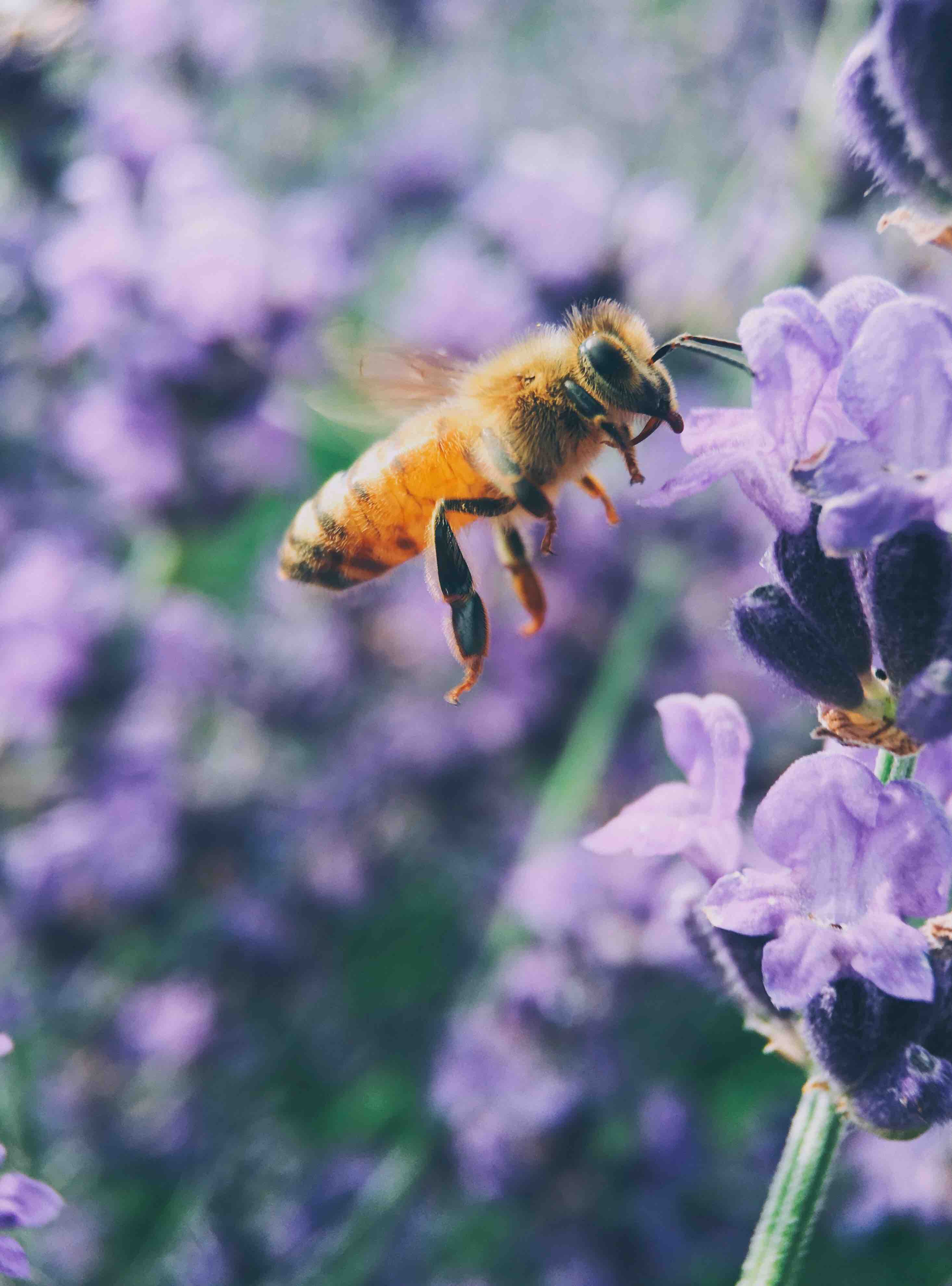
When most people think of bees, the honeybees that live in huge hives come to mind. Honeybees are the most popular species in the bee world. But, the majority of bees in Ontario don’t live in hives, or even make honey.
It may come as a surprise to many, but honeybees are not even from Canada. They were imported from Europe in the 17th century. But of course, there were bees in Canada before the Europeans arrived. Hundreds of these species reside in Ontario alone, and these native insects range from chubby bumblebees and carpenter bees to tiny bees no larger than a grain of rice.
Native bees are important for the pollination of many of the wildflowers that call Ontario home. Some of these solitary bees can visit nearly 2000 such flowers in a day. Black-eyed susans, marsh marigold, columbine, and joe-pye-weed are examples of plants that rely largely on native bees. Flowering shrubs and trees like dogwoods, cherries and sumacs should not be overlooked either. These plants can all be found in the Trent nature areas.
But the importance of bees to food crops cannot be ignored. Without bees, we would not have fruits and vegetables like apples, almonds, cucumbers, onions, tomatoes, blueberries, pumpkins and squash. Even the beef and dairy industries would be affected without bees to pollinate many forage plants like clover or alfalfa. Some non-native food plants even require native bees to pollinate them. Tomato plants, for example, cannot be pollinated by honeybees.
This is just one reason why honeybees alone are not enough to pollinate all plants. Each plant species has differently shaped pollen, or a different chemical composition in its nectar that may make them unsuitable for honeybees to pollinate. Furthermore, if honeybees continue to decline as they have been, the more bee species there are to fill in for one missing species, the better.
The bumble- and solitary bees native to Ontario are exquisitely adapted to this land: the outcome of countless millennia of co-evolution with native plants. But they are at risk from habitat loss, and if they disappear, their pollination services will go with them. If you want to help native bees, planting native species in a garden or making a simple “bee hotel” can really help. Native bees have been flying under the radar for too long. It is time to give them the recognition — and help — they deserve.
